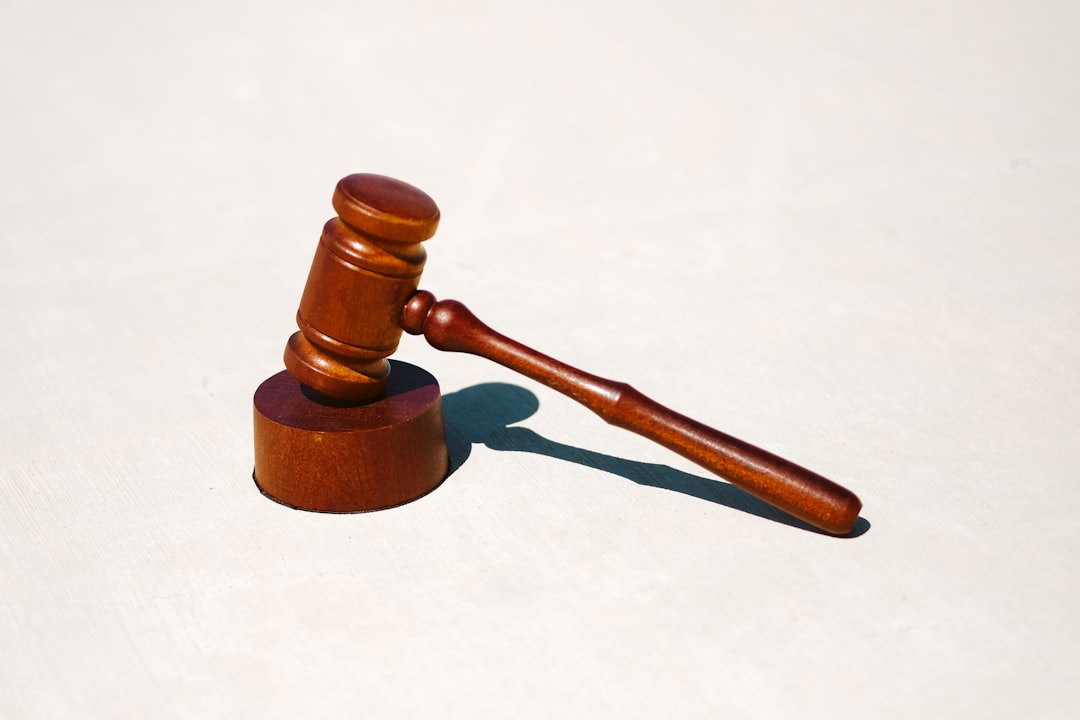Autodialers, powerful tools in modern marketing, significantly impact industries in Arkansas under strict state and federal regulations prioritizing consumer privacy. Businesses must secure explicit consent before automated calls, with autodialer attorneys guiding effective yet ethical use. Security risks include outdated software, weak encryption, and data integration vulnerabilities leading to potential massive data leaks, causing reputational damage and legal issues. To mitigate these risks, Arkansas businesses and autodialer attorneys must implement robust cybersecurity measures, regular audits, employee training, and adherence to regulatory requirements like the Arkansas Privacy Act.
In Arkansas, as autodialers become increasingly integral to businesses and marketing strategies, ensuring data protection is more critical than ever. This article explores the significance of safeguarding information in the context of autodialer usage, delving into the legal framework governing these technologies and their impact on consumer privacy. We analyze common data breach risks associated with autodialer operations and provide best practices for Arkansas-based businesses to enhance data security, highlighting key roles played by autodialer attorneys in this process.
Understanding Autodialers and Their Role in Arkansas Law

Autodialers, also known as automated phone dialing systems, are powerful tools in modern marketing and outreach strategies. In Arkansas, these technologies play a significant role in various industries, from political campaigns to business promotions. The state’s law recognizes the potential impact of autodialers, ensuring consumer protection and privacy rights. Understanding how these systems work is crucial for businesses and autodialer attorneys Arkansas alike.
These dialers automate the process of making phone calls, enabling efficient communication with a large number of recipients simultaneously. While they enhance productivity, their use must adhere to strict guidelines to prevent harassment or invasion of privacy. As such, Arkansas has implemented regulations that govern the permissible uses of autodialers, ensuring consumers are not bombarded with unsolicited calls.
Data Protection: A Legal Perspective for Autodialer Users

In Arkansas, the use of autodialers for marketing or sales purposes is regulated by state and federal laws, emphasizing data protection as a fundamental concern. These regulations require businesses using autodialers to obtain explicit consent from consumers before initiating automated phone calls, ensuring privacy and preventing unwanted contact. Autodialer attorneys in Arkansas play a critical role in guiding companies through these legal frameworks, helping them implement robust data protection measures.
By complying with data protection laws, businesses can safeguard consumer information, including personal details and call records, from unauthorized access or misuse. This not only ensures the privacy rights of individuals but also builds trust between businesses and their customers. Autodialer attorneys assist in navigating these complex legal requirements, ensuring that companies maintain ethical practices while leveraging autodialer technology effectively.
Common Data Breach Risks in Autodialer Operations

In the fast-paced world of automated communication, autodialer systems have become a double-edged sword. While they streamline marketing efforts and customer outreach for businesses in Arkansas, they also introduce novel data breach risks. Common vulnerabilities include outdated software, which leaves systems open to known exploits, and inadequate access controls allowing unauthorized personnel to gain sensitive information. Moreover, the integration of customer data from various sources without robust security measures can lead to massive data leaks, causing significant reputational damage and legal repercussions for companies and even their autodialer attorneys.
Another concern is the potential for malicious actors to exploit weak encryption protocols, compromising the privacy and integrity of communication logs and customer databases. With Arkansas’ stringent data protection laws, businesses must be vigilant against these risks to avoid hefty fines and maintain consumer trust. Effective strategies involve regular security audits, employee training on data handling, and implementing robust cybersecurity measures tailored to the unique challenges posed by autodialer operations.
Best Practices to Ensure Data Security in Arkansas' Autodialer Industry

In the dynamic landscape of telecommunications, data protection is paramount, especially within the arena of autodialer technology in Arkansas. To safeguard sensitive information, autodialer attorneys and businesses must implement robust best practices. Encryption is a cornerstone; ensuring all data exchanged and stored is encrypted using industry-standard algorithms safeguards against unauthorized access. Regular security audits and vulnerability assessments are essential to identify and rectify potential weaknesses before malicious actors can exploit them.
Furthermore, access control measures should be stringent. Limiting access to data based on role and need ensures that only authorized personnel can handle sensitive information. Training employees on data protection protocols and the latest cybersecurity best practices empowers them to recognize and mitigate potential threats. Staying abreast of evolving regulatory requirements, such as those set by the Arkansas Privacy Act, is crucial for maintaining compliance and protecting client data effectively.






